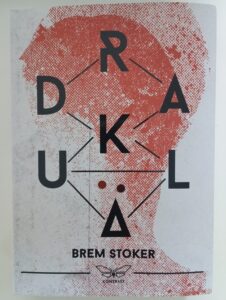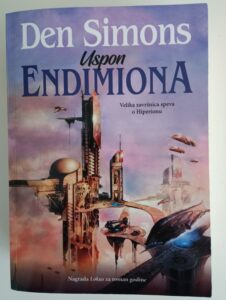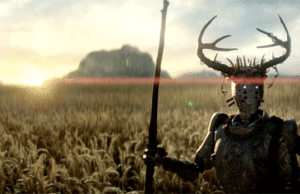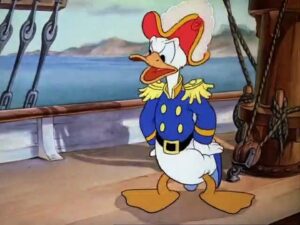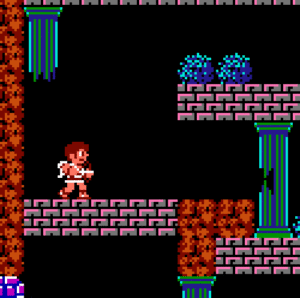The Fall of Hyperion (1990)
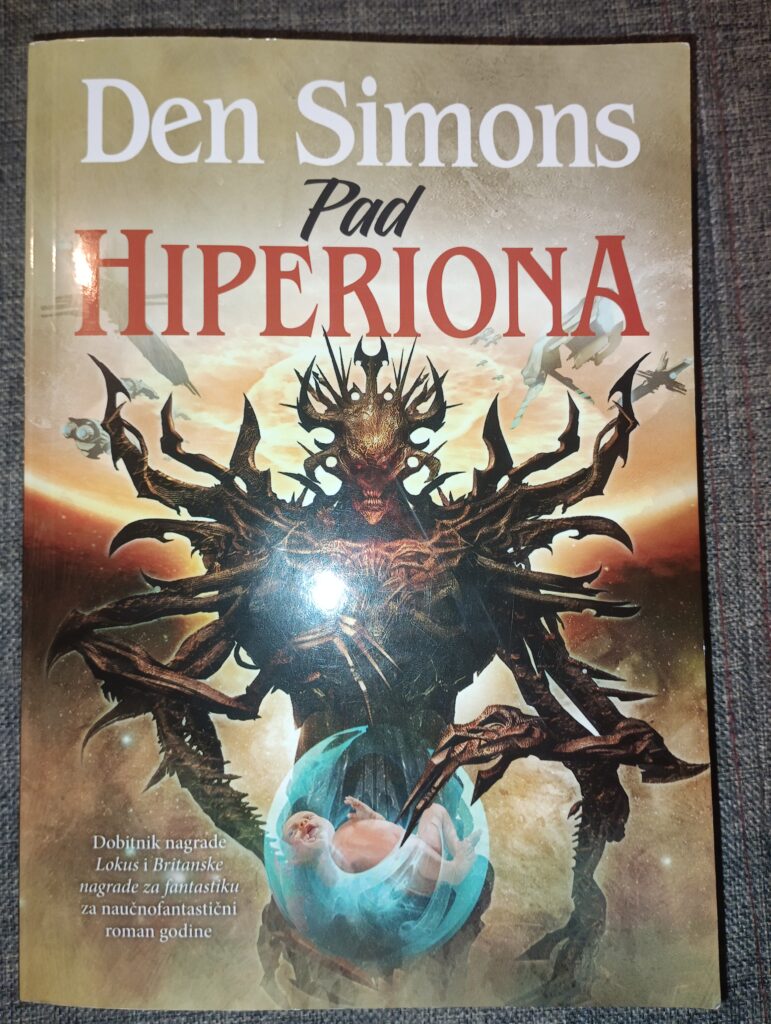
…………………………………………………
The Fall of Hyperion Book Review
The Fall of Hyperion is a 1990 science fiction novel by Dan Simmons. It is a mostly satisfactory and highly ambitious, though flawed sequel.
………………………………………………….
“God is the creature, not the creator“
…………………………………………………..
…………………………………………………..
Set in the 29th century, the novel documents a pilgrimage to the planet Hyperion. The seven pilgrims intend to travel to the Valley of the Time Tombs, where the Shrike, a metallic creature alleged to grant one wish to the members of a pilgrimage, dwells. Powerful entities such as the Hegemony of Man and the Artificial Intelligence TechnoCore seek to influence the pilgrims’ journey. This novel functioned as a direct sequel to ‘Hyperion’, which is one of the best SF books of all time, so it could never compete with that level of brilliance, but at least it mostly sufficed.
The first book had that iconic structure that consisted of characters telling their own tales. This sequel jettisoned that format in favor of a very different, but also unique structure that didn’t fully work, but was admirably ambitious. I am of course talking about its perspective that shifts back and forth between first and third person in a very intriguing way. Although at times that approach made for a confounding reading experience, it worked in the context of the story as it enriched Joseph Severn’s narrative quite a bit, but more on him later.
Memory is one of the major themes of this work as Simmons explores how it can impact us and how memory would appear in beings that aren’t human. There is also a theme of sacrifice and suffering that went well in line with the religious musings of an author who clearly has a lot to say about spirituality and its effect on humans. My problem with this sequel is that, even though it does have its fair share of interesting concepts and themes, it failed to compare to the original in terms of thematic resonance and sophistication. It was more straightforward in that regard, but at least the SF elements were consistently engaging and unique.
Joseph Severn is the second John Keats AI persona and he functioned as sort of a protagonist of this story. I actually found his journey quite emotionally powerful and his death was definitely felt. The exploration of what it means to be human and what his role in this world is and/or should be was quite interesting. The Consul and The Templar still did not get a lot to do here, which was frustrating, but at least the main characters all got meaningful arcs.
…………………………………………………..
…………………………………………………..
Bringing back Father Dure from the dead was problematic as it negatively impacted my enjoyment of his impressive story in the original novel, but I was still mostly glad to see him back and his story in this book is quite compelling once again. Martin Silenus was just as memorable and funny as he was before while Brawne Lamia was also terrific. Sol’s arc is still the deepest and most touching of the bunch and his eventual reunion with his daughter Rachel was so heartwarming.
By far the biggest glow-up was given to Kassad, a soldier character who was in the first book the least interesting of the bunch, but here he was humanized more and all of his scenes were actually very involving. Of the governing body, Meina Gladstone was the most interesting as this competent CEO who would stop at nothing to do what she thinks is right.
As for The Shrike, he continued to be incredibly powerful and unforgettable of a villain. I still fear that they will end him with an annoying dues ex machina, but at least in the first two books he made for a compelling, fascinating presence that never ceased to creep me out. His proclivity for torture led to so many memorable moments that were horrifyingly brutal and grotesque. How he impaled his victims and left them to suffer constantly made for truly gruesome imagery and his powers to travel backward and forward in time were well explored and even contextualized within the realm of science rather successfully.
The Fall of Hyperion benefits from excellent writing by Simmons. He is particularly adept at realistic dialogue, creating unforgettable imagery and writing memorable moments that stay with you, especially those occurring in the first and last batches of this book. The middle section was tough for me as it was slower in pace and chaotically structured.
…………………………………………………..
…………………………………………………..
This book is very lengthy and it feels long, but its ambition is undeniable and so is its world building. Simmons introduced so many cool new genre concepts throughout this novel and most worked and were quite fresh. He tasked himself with an impossibly ambitious and expansive story, but at least he mostly succeeded in executing it. Emotional engagement and strong character development are rare for this genre, so the author should be respected for that alone.




